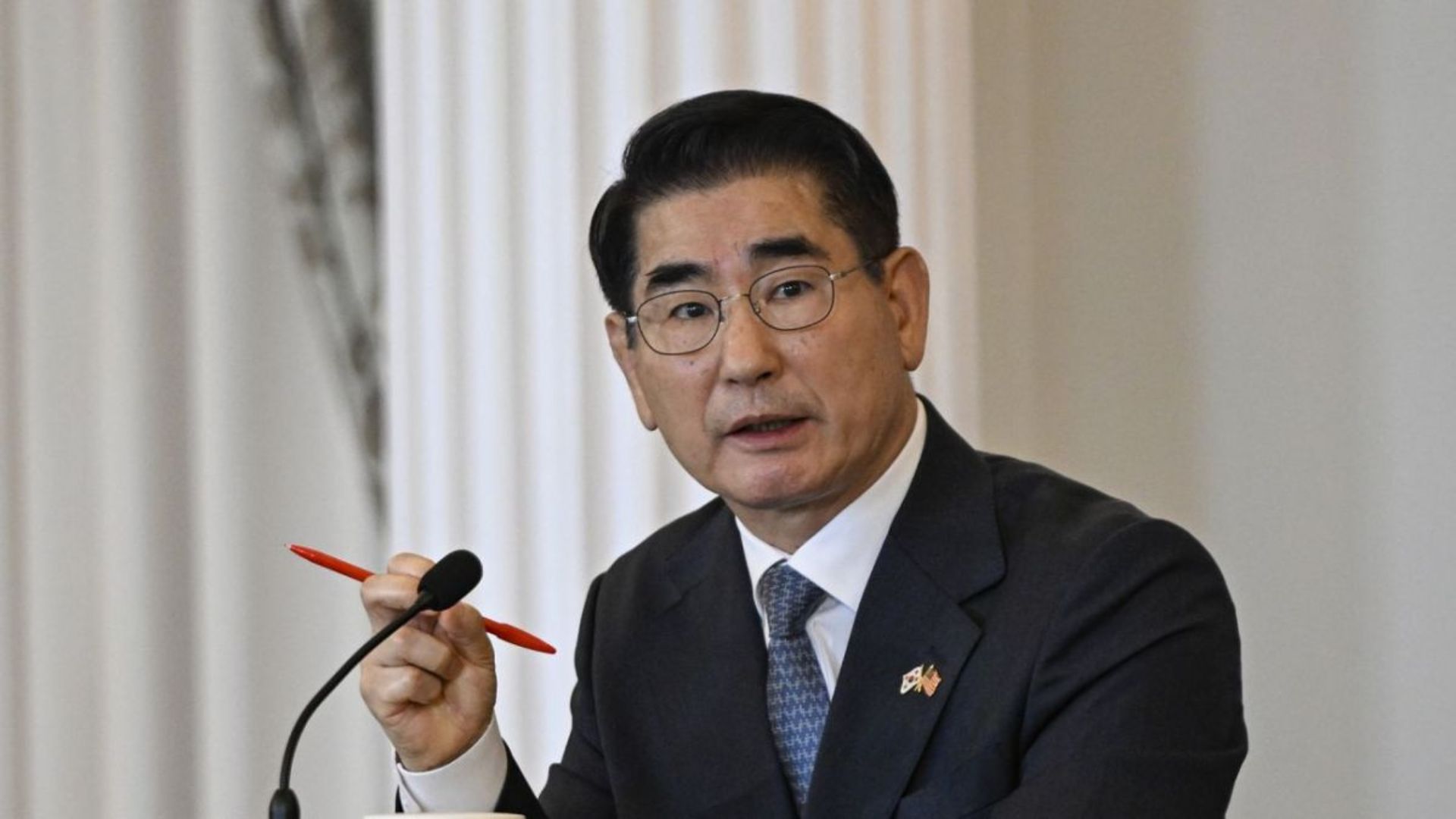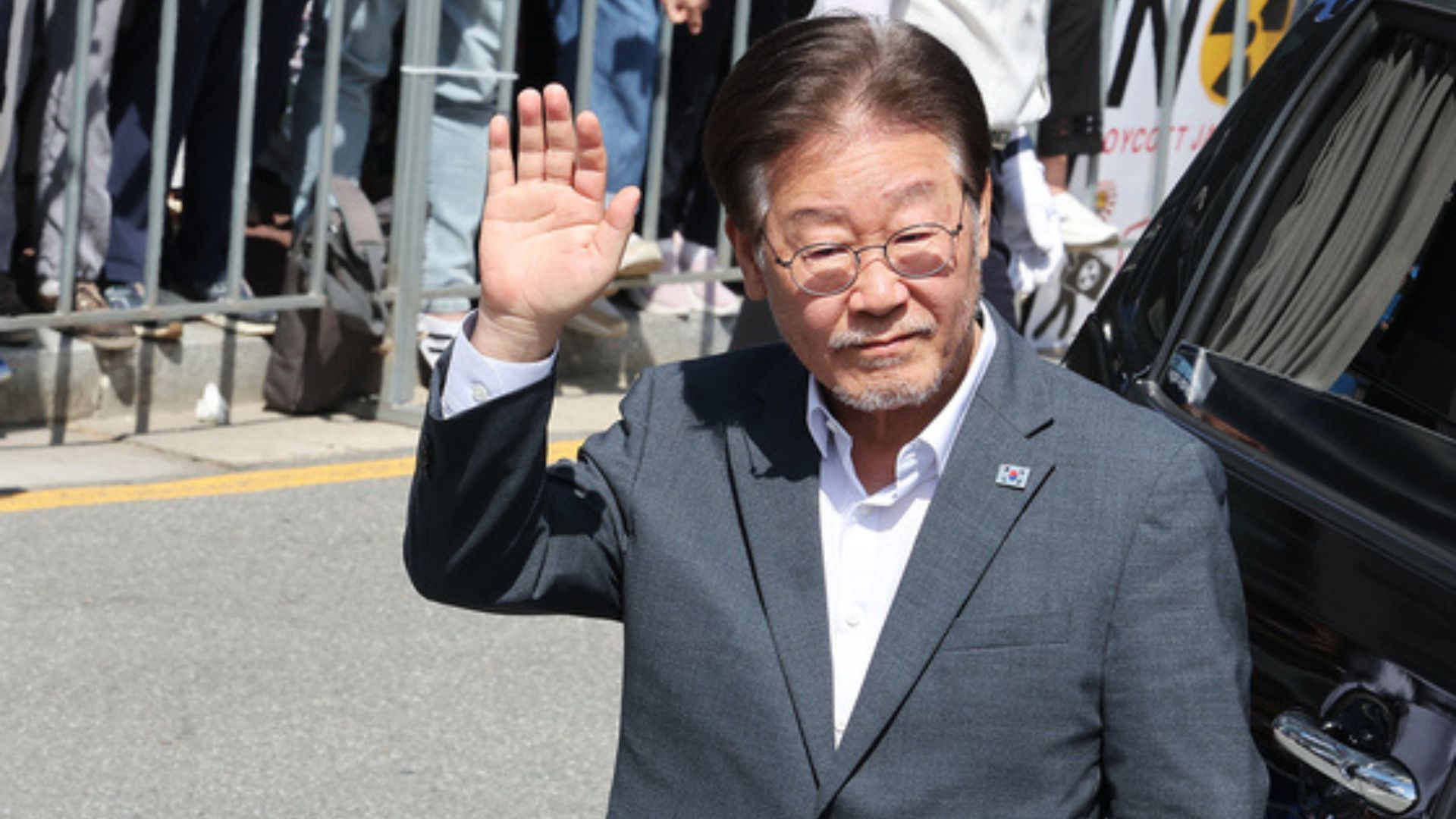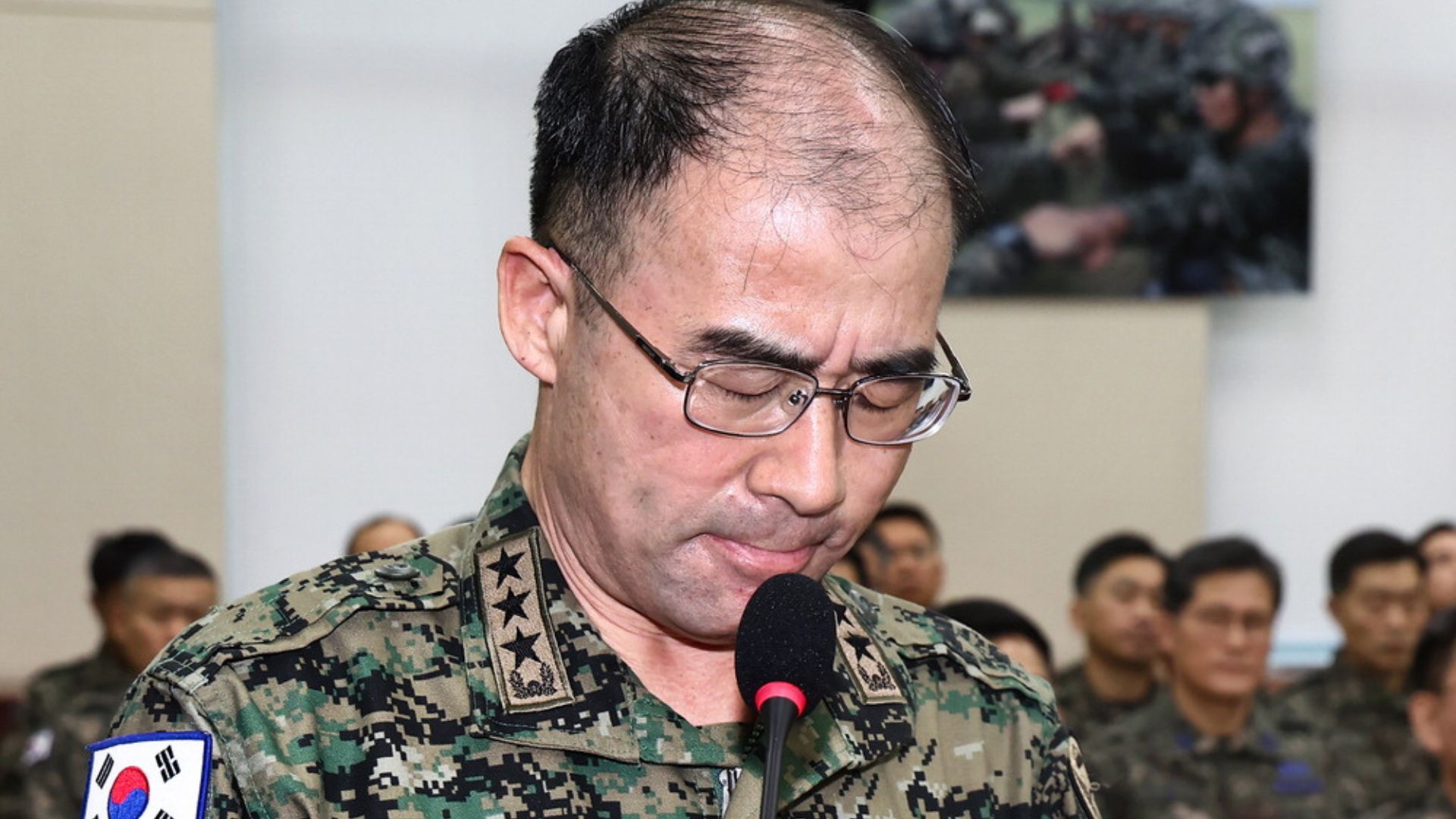(Reuters): As part of a broader probe into President Yoon Suk Yeol's unsuccessful effort to establish martial law, South Korean police conducted a raid on his office on Wednesday. The raid is part of a broader investigation into the contentious martial law proclamation on December 3, which has caused a political crisis in South Korea. Yoon and senior military and police officers engaged in the incident are the main subjects of the investigation.
The continuing inquiry, which is focused on the sudden imposition of martial law, has significantly escalated since the raid. A constitutional crisis resulted from Yoon's decision on December 3, putting the nation's fourth-largest economy and a key ally of the United States in an unprecedented political predicament. According to reports, Yoon was named as the subject of a search warrant that the police presented.
Since Yoon's official residence is elsewhere, he was not at the presidential office when the raid occurred. Yoon has not been spotted in public since he publicly apologized on Saturday for trying to enforce martial law, according to Yonhap news agency. After the declaration, which was quickly revoked after a majority of MPs, including members of his own party, disobeyed martial law and voted to demand its revocation, he issued an apology in response to harsh criticism.

Former Defense Minister Kim Yong-Hyun, a close associate of Yoon, attempted suicide while in custody in a different instance. Kim was taken into custody on suspicion of breaking the martial law declaration. The head of the Justice Ministry's custody services, Shin Yong-hae, said Kim was found attempting suicide with his underwear. Kim is being watched, but his life is not in danger. He is facing insurrection charges and has resigned from his position.
Kim's suicide attempt has exacerbated the existing dilemma and brought attention to the human costs made by both sides of the dispute. Kim was detained and accused of insurrection because he participated in the attempt to enforce martial law. Kim has previously served in Yoon's administration at a high level. This incident has brought the leadership problem to light.
Cho Ji-ho, the head of the national police, was detained on insurrection-related charges that same day. Cho is charged with using police to prevent MPs from entering the National Assembly while martial law was in effect. Top officials are being sued for their participation in the declaration and its aftermath, which makes matters worse.
Yoon's departure from the nation has been prohibited, and he is currently being investigated for insurrection. But authorities haven't yet detained him or interrogated him. His leadership issue has gotten worse as a result of this event, and there are still unanswered doubts about who is truly in charge of the government.
There are heated discussions on how the government should operate as a result of South Korea's political unrest. A second impeachment vote is scheduled for Saturday in parliament by the Democratic Party (DP), the main opposition party. The DP is still committed to moving forward with the motion even if the first attempt at impeachment on December 7 was unsuccessful because of a boycott by Yoon's People Power Party (PPP) members.

"The impeachment train has left the platform," said DP leader Lee Jae-myung, who declared that the impeachment procedure was unavoidable. There won't be any way to prevent it. The opposition's growing belief that Yoon's presidency is untenable is reflected in this remark. The current crisis will probably reach a turning point with the second vote.
A sizable boycott by PPP members prevented the first impeachment vote on December 7 from passing. Consequently, there was not enough support for the proposal to pass. Nevertheless, despite the loss, the opposition party is still determined to remove Yoon from office.
In light of the escalating leadership issue, Han Duck-soo, the prime minister, has taken on a more significant role in overseeing state activities. Prime Minister Han will supervise government operations as the PPP looks for an "orderly" method for Yoon to step down, according to PPP leader Han Dong-hoon. Due to this, opposition parties and legal experts have questioned the constitutionality of Prime Minister Han's leadership and the legitimacy of such activities.
In response, Yoon's office said it had "no official position" when asked who is in charge of the nation at the moment. This ambiguity has increased worries about Yoon's ability to lead successfully and added to the confusion surrounding the leadership issue.

On December 3, Yoon ordered Kwak Jong-geun, the head of Army Special Warfare Command, to send troops to parliament, he told a parliamentary committee. Among the orders were the demolition of the parliament building's doors and the forcible removal of MPs. Yoon and his government have been accused by military personnel of attempting to undermine democracy, and this revelation has only served to fuel those accusations.
Yoon's former defense minister, Kim, is also accused of giving identical directives. As their involvement in the proclamation of martial law are being closely scrutinized, Yoon and Kim's conduct have come under great scrutiny. These revelations imply that the issue involves the highest echelons of government and extends beyond individual errors.
A meeting of Parliament is scheduled on Wednesday in order to present a bill that will impeach Yoon. A two-thirds majority in the opposition-controlled unicameral assembly is needed for the bill to pass. If it is successful, the Constitutional Court will hear the case and decide whether to remove the president from office.
Workers from financial institutions, such as the Bank of Korea, and the metal workers' union are planned to participate in a march on Wednesday in response to the nationwide protests caused by the political instability. Growing popular discontent with the government and its response to the martial law crisis is reflected in these protests.
Apart from Yoon's political and legal difficulties, the imposition of martial law has had a substantial impact on the economy and society. International attention is being drawn to the developing events, which threaten the nation's political stability, which is essential for both its economic development and its reputation abroad.
It's uncertain if Yoon will be able to withstand the storm as it unfolds. Because the outcome of the impeachment vote is likely to be a pivotal moment in determining the fate of his presidency, the political crisis is expected to continue to dominate the nation's headlines.
Broader concerns regarding the distribution of power among the president, military, and police are brought up by the drama that is currently taking place in South Korea. As the nation struggles with its biggest political crisis in recent memory, the role of the National Assembly and the courts in holding the president accountable is also being discussed.
The political turmoil and the probe serve as a sobering reminder of how brittle political institutions are and how crucial it is to uphold democratic values. South Korea's future political climate and its ties with its allies, notably the US, will probably be influenced by how it handles this situation.




























